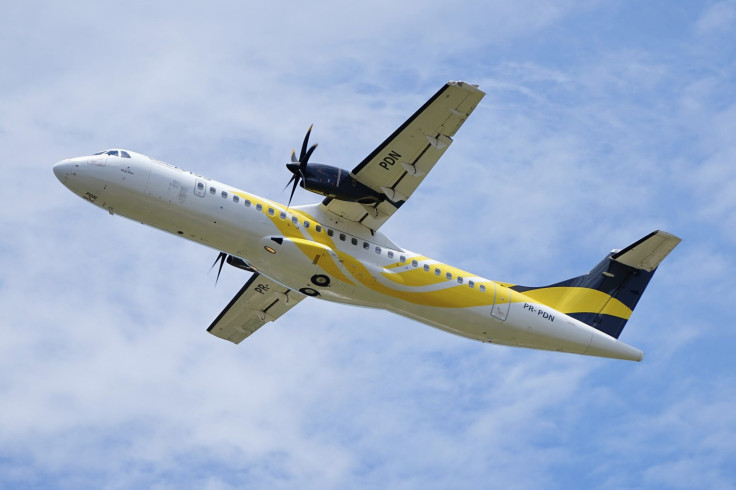
The Federal Aviation Administration will not be requiring immediate action to the issues that it found on the Boeing 737 MAX engines after convening a review board.
The FAA Corrective Action Review Board, after reviewing the CFM LEAP-1B engine bird strikes, which eventually led to smoke entering the aircrafts, said that the issue does not warrant an immediate action. The agency will therefore follow standard regulatory processes to address them, Reuters reported.
The agency noted that it "continues to assess how these events could affect other engines with similar structural designs," reported The Seattle Times.
It will also be issuing notices to foreign aviation regulators about any new information that the plane manufacturer provided to operators of the aircraft that has LEAP-1B engines.
In order to prevent the incident from occurring again, one of the considerations of the FAA is to make recommendations for new takeoff procedures that would be closing the airflow in one or both engines in order to address any possibility of a bird strike. In the event of an occurrence, this would prevent smoke from entering the cockpit.
The FAA, in collaboration with the CFM and the European Union Aviation Safety Agency, wanted to address concerns about the CFM LEAP-1B engine.
Any development of a "permanent" fix would also mean that the certification of Boeing's MAX 7 and MAX 10 models would face some delays.
The FAA also previously noted that pilots have already been alerted to the procedure that they would be following in the event that smoke would be entering the plane and also underscored that such was not an immediate flight-safety issue.
A person, whose identity has not been revealed and was briefed on the matter said that the FAA would need to consider if the change in procedures would make sense to address the issue of getting smoke in the cockpit.
Southwest Airlines previously stated that it has already notified flight crews about the possible effects in case a bird strike would occur. It then "reiterated the importance of following established safety procedures that are part of the company's recurrent pilot training." It also noted that it was working with manufacturers and safety regulators that would identify a permanent solution.




